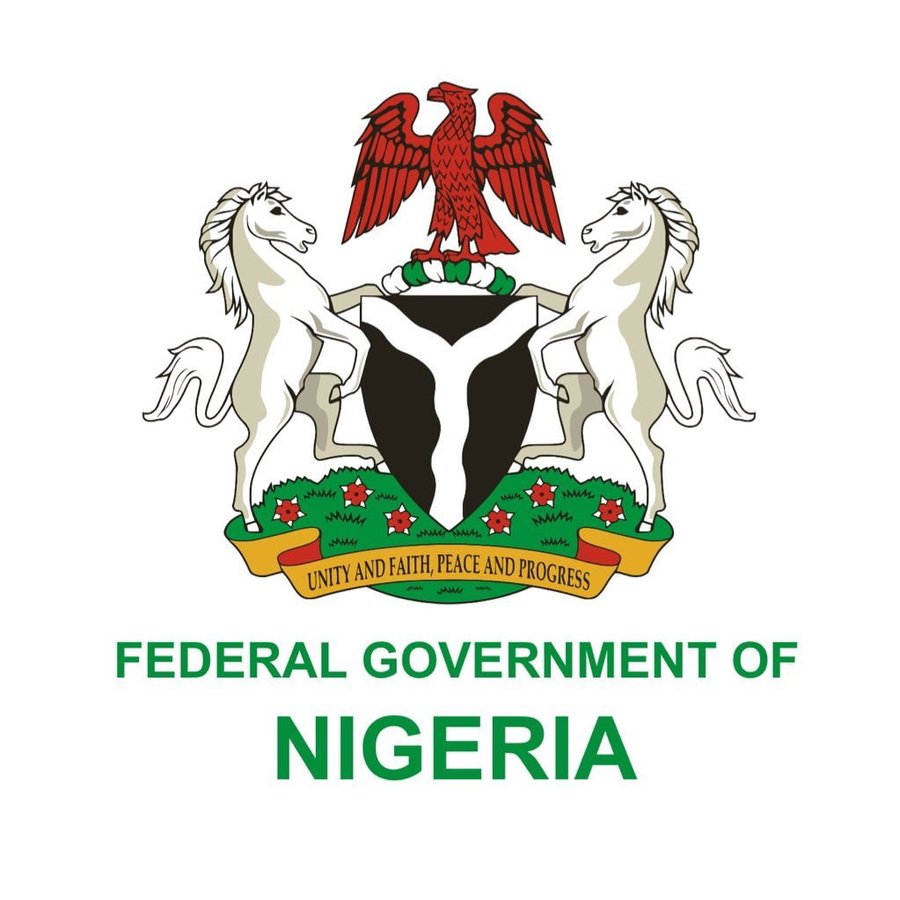The Federal Government has announced a multi-year Accelerated Senior Secondary Education Programme (ASSEP) aimed at revamping school infrastructure, modernising curricula, and integrating virtual learning technologies.
This significant initiative was disclosed by the Senior Special Assistant to the Vice President on Media and Communications, Mr. Stanley Nkwocha, in a statement on Saturday.
Titled ‘FG moves to overhaul school infrastructure, launches N’East initiative,’ the statement highlighted the programme’s launch in Bauchi State by Vice President Kashim Shettima.
The initiative is designed to bridge the educational divide, starting with the North-East region, and is aligned with President Bola Tinubu’s vision to address the region’s challenges, including security issues and stagnant human capital development.
Vice President Shettima detailed that ASSEP will focus on three core pillars: enhancing access to tertiary education, imparting market-relevant skills, and upskilling teachers to keep pace with disruptive innovations like artificial intelligence. Emphasizing the importance of education, Shettima noted that the programme aims to provide equitable educational opportunities and address the North-East’s longstanding educational disparities.
Shettima pointed out the region’s poor performance in educational indices, attributing this to a failure to implement uniform policies on school enrolment and cultural resistance to formal education.
He stressed that secondary education is crucial for students to become self-reliant and relevant in modern society, building on the foundational interest generated by primary education.
Mr. Nkwocha further explained that ASSEP will stimulate high-quality instruction, incentivize STEM achievement, renovate classrooms, and foster an enriching academic environment through initiatives like quiz competitions, exam coaching camps, and intensive teacher training. A core component of ASSEP is scaling up virtual learning capabilities to supplement in-person instruction and bridge the digital divide.
The North-East Development Commission (NEDC) is prioritizing the programme, with its Managing Director emphasizing its potential to accelerate teacher training and access to tertiary education in the region. Dr. Mariam Masha, Senior Special Assistant to The President on Regional Development and NEDC, described ASSEP as a revolutionary step in human capital development, targeting improvements in tertiary admissions, skills development, and teacher quality.
During the launch event, students from selected schools in the North-East showcased the programme’s virtual learning platforms, marking them as the first beneficiaries of ASSEP. The Vice President also commissioned the newly reconstructed government house in Bauchi State and called for closer collaboration among North-East governors to foster economic growth and improve living conditions.
Governor Babagana Zulum of Borno State, representing the North-East governors, pledged full support for ASSEP, aligning it with the states’ educational focus on improving teacher quality, learning outcomes, and leveraging technology. Bauchi State Governor Bala Mohammed reiterated the state’s commitment to supporting ASSEP, emphasizing ongoing efforts to overhaul the education sector, particularly in science-based education and teacher training.
The event concluded with a tour of the new Bauchi State Government House and remarks from former state leaders praising the administration’s focus on infrastructural transformation and public welfare. At the 15th North-East Joint Trade Fair, Vice President Shettima encouraged the region to leverage its comparative advantages for development and align with President Tinubu’s vision of transforming Nigeria into a manufacturing hub to boost trade and economic stability.


